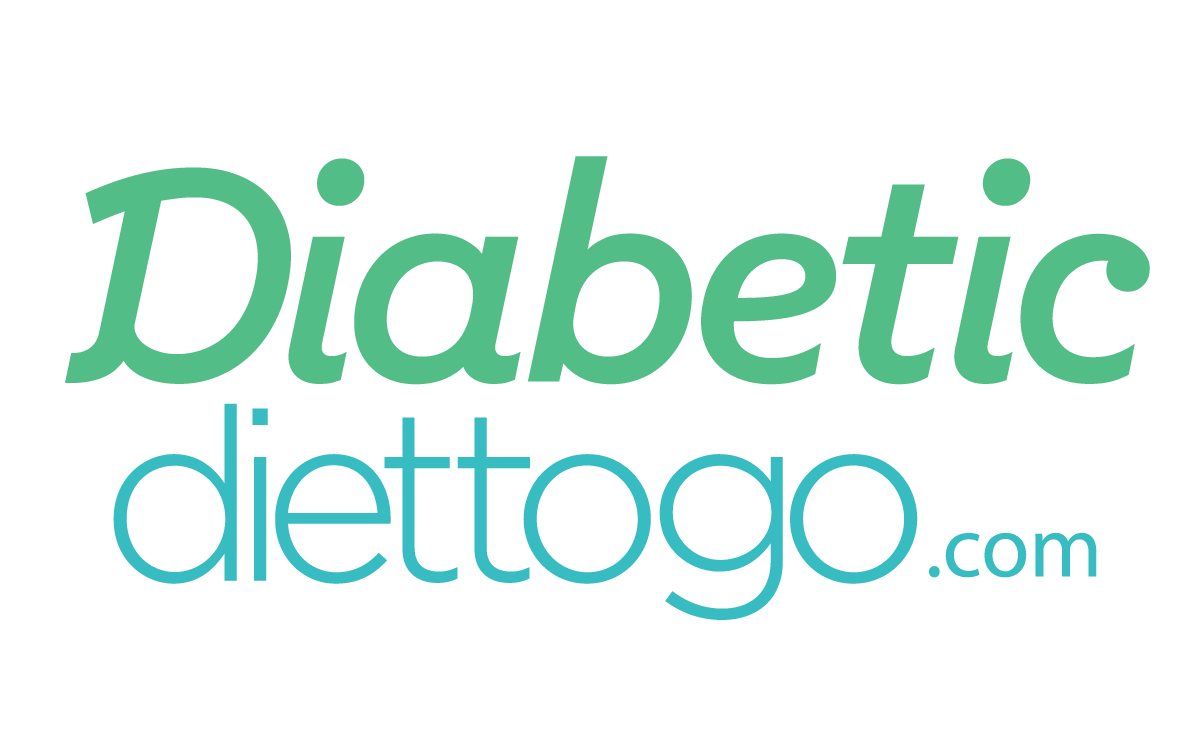Reduce Your Sugar Intake with These Tips
Mar 11, 2024

Sugary foods are prevalent in our world and sugar is often an added ingredient to the countless snacks and packaged foods gracing grocery store shelves. A 2015 study published In The Lancet: Diabetes & Endocrinology found that a staggering 68% of the packaged foods and beverages purchased by U.S. households contained added sugars. In addition, 74% of U.S. food supply products contain either caloric or low-calorie sweeteners.
With numbers like that, it may seem impossible to escape consuming high-sugar foods regularly, which can be problematic for your health. Experts say that eating foods with too much sugar can cause a host of issues, including:- Obesity and weight gain
- Increased heart disease risk
- Increased risk of developing Type 2 diabetes
- Acne, skin inflammation, and more rapid aging
- Increased cancer risk
- Depression and anxiety
- Decreased dental health
While having some sugar is typically not problematic, thankfully, there are ways to lower your sugar intake and take steps towards avoiding the associated health risks. Take a look.
Check the Nutrition Label
The first and most essential step to lower sugar consumption is reading nutrition labels before purchasing a food or beverage. The U.S. Food & Drug Administration recommends getting no more than 10% of daily calories from added sugar — which is about 50 grams. Nutrition labels these days differentiate between natural sugars and added sugars. This guide from Colorado State University is helpful when differentiating between the two. So, next time you’re cruising the supermarket aisles, peek at the label’s sugar content to ensure you’re not buying products with high levels of added sugar.
Skip the Sugary Beverages
Fun fact: Most added sugar in our diet comes from drinks like soda and energy drinks. Even seemingly innocent drinks like fruit juices or tea often have staggering amounts of added sugar. For example, juices contain an average of 30 grams of sugar. What’s worse? Our bodies absorb drink calories more rapidly than food, meaning guzzling a sports drink will cause a rapid blood sugar spike.
Beware Unsuspecting High-Sugar Foods
Would it shock you to learn that a tablespoon of ketchup has more sugar than ice cream? Or that items like spaghetti sauce, chili sauce, and barbecue sauce are often loaded with added sugar? How about low-fat yogurt and canned fruit? These items aren’t typically what we think of when we think of eating sugar, but they are quiet culprits. When you buy them, look for brands with lower levels of added sugar.
Skip the Sugary Dessert (or Limit It)
Many of us have a sweet tooth and look forward to dessert at the end of the day or after a savory meal. While it’s okay to occasionally enjoy dessert, avoid making it an everyday thing. As you probably can guess, most desserts are laden with added sugar, causing blood sugar spikes that can drain your energy and kickstart a vicious cycle where you crave even more sugar. Limiting having dessert will lower your chances of developing a sugar addiction, especially if you opt for healthier desserts like fruit or dark chocolate.
Eat Whole and Full-Fat Foods
Americans have always had a love-hate relationship with fat. Low-fat options of many everyday items — yogurt, cookies, cheese, ice cream, etc. — are widely available at supermarkets. But in the last decade, experts and nutritionists have come out in full force to openly decry the low-fat diet ultimately resulting in higher blood sugar and insulin levels. That’s because many low-fat options contain more sugar (and sometimes more calories!) than their full-fat counterparts.
Similarly, choosing whole foods instead of processed ones ensures you’re eating things as nature intended them without additives and artificial substances. You can do this best by following something like the Mediterranean Diet, which prioritizes heart-healthy fats and wholesome ingredients aimed at boosting energy and longevity.
Ultimately, you can add years to your life and potentially stave off some pretty serious health conditions by lowering your sugar intake. If you want additional help, check out our menus that cater to those seeking healthy, balanced, nutritional meals that taste amazing and support positive meal decisions without the usual work involved, day in and day out.
------------------------------------------------------------------------------------
Author: Caitlin H
Diet-to-Go Community Manager
Caitlin is the Diet-to-Go community manager and an avid runner. She is passionate about engaging with others online and maintaining a healthy, active lifestyle. She believes moderation is key, and people will have the most weight loss success if they engage in common-sense healthy eating and fitness.










